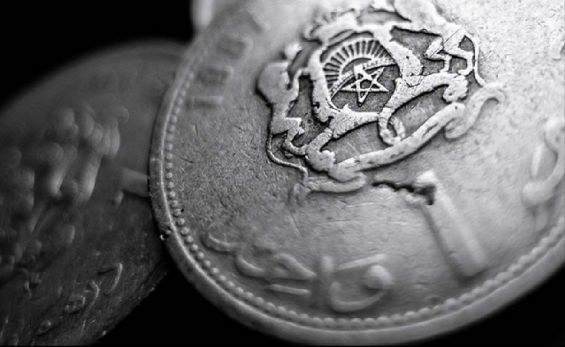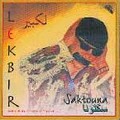As already announced by the Central bank’s governor, Abdellatif Jouahri, Morocco will start floating the Dirham by the end of June. The first phase to liberalize the currency will be gradual and would take place in a few weeks as planned earlier. Fitch Ratings, studying the step taken by Morocco, has announced in an analytical article written by Janine Dow and published on Reuters, that the liberalization of the Moroccan currency «will have limited impact on the country’s banking sector».
Fitch Ratings invokes a number of arguments which indicate that, the Kingdom’s decision would only have a little to negligible negative impact on Moroccan banks. First of all, the same source states that banks use the Dirham in order to finance activities and operations in Morocco which means that they do not use hard currency for that purpose. As a result their operations would not be directly affected by the value of the currency compared to the Dollar or Euro, for instance.
Moroccan banks' exposure to foreign currencies is minimal compared to other countries. The article indicates that banks are lending small businesses in Dirham-denominated loans and that few Moroccans use foreign currency deposit accounts.
«Fitch expects the new exchange-rate regime to be phased in gradually, leading to little increase in the volatility of the dirham against the currency basket currently anchoring the peg», Janine Dow states explaining that volatility, referring to the movement of the price of the currency in any given period compared to its foreign currency peers, should not be very important as the Dirham’s nominal value is deemed close to its actual projected market value.
«The risks of a sharp adjustment of Dirham are low»
According to the International Monetary Fund (IMF), as reported by Fitch Ratings, «the risks of a sharp adjustment of the Dirham are low as the exchange rate is consistent with fundamentals». In other words, the international organization confirms that Morocco’s «fundamentals», among which the State's financial indicators, indicate a sound valuation of the currency in nominal terms that would be coherent with its future valuation in market terms.
However, the planned partial Dirham liberalization is expected to impact somehow small and medium-sized importers. The latter can suffer due to their incapacity to source their products if the prices of Dirham get too affected by market volatility. Yet, the analyst points out that the impact can be controlled since «these companies' forward purchase orders tend to be short-term, so they should soon be able to pass the rising import costs to their customers».
Moreover, the agency confirms that «banks that are active in currency trading or able to offer hedging instruments to their customers may benefit from opportunities brought about by greater exchange-rate volatility», consequently these banking firms, such as Attijariwafabank, will have the chance to offer new services to their customers seeking to protect their international operations or profit from the new opportunities offered by the foreign exchange trading industry.
«The Moroccan central bank can intervene to limit fluctuations and restricts bid-offer spreads to 0.6%, meaning that all official dirham exchange transactions are settled within this tight band», the same source recalls, insisting that Morocco’s currency exchange rate will be carefully managed by the governing body until the sector reaches maturity.
Speaking to Yabiladi, Taib Aaiss, an economist, declared that the impact of liberalization will rely «on the strength of the Moroccan economy and most precisely imports and exports». As the floating will be managed and also backed by the central bank, Aaiss stated that «indeed the economy of Morocco won’t be negatively affected by the process as the Dirham’s value was not exaggerated».




 chargement...
chargement...












